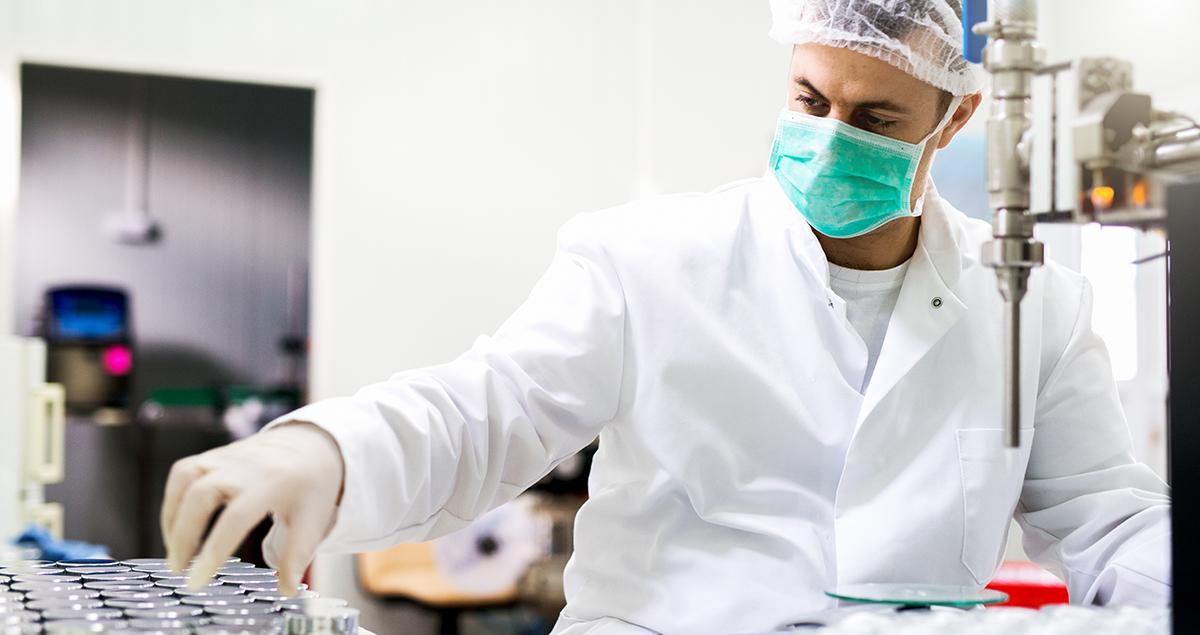Using catalysts to achieve a carbon-free society

Q. Please describe your field of specialization.
It all began when I was still a student. I chose research because I felt it would suit me. However, this was a period when society was in turmoil due to the oil crisis, and energy problems became very serious. Pollution was another important social issue and it was a particularly pressing challenge for Japan to reduce air pollution caused by chemical plants and automobiles. It was probably for those very reasons that I aspired to continue with catalytic research. After graduating from university, I didn’t hesitate for a second to join MHI Group, a company actively involved in the research of catalysts. Catalysts are accelerators of chemical reactions that transform something into something else. The main components are natural elements, which we collect, turn into powder and then ultimately into a honeycombed solid to be embedded in piping. I have been studying catalysts and systems integrated with catalysts for a long time now, specializing in eco-related and energy-related catalysts. Regarding eco-related catalysts, I have been engaged in a study to process and detoxify NOx (nitrogen oxide) emitted from automobiles and plants. In the field of energy-related catalysts, I have also been working on a technology to convert fossil fuels into more efficient and useful forms. The processes involving chemical plants are very complicated and part of my job is developing them into simple and energy-saving affairs.

Q. What have you found to be most rewarding?
Japan was one of the first countries in the world to face significant environmental issues, yet also one the fastest to undertake countermeasures. About two or three decades ago, the air in industrial zones was very poor, the sky was constantly filled with clouds, and truck fumes were black. Nowadays, we rarely even see black smoke coming out of plant chimneys. Exhaust gas from vehicles has been reduced, resulting in much cleaner air. In Japan, NOx density in the air is now at about 10% of what it was during its worst-ever period. One of the main reasons for this is improved catalyst technology. In the past, a lot of people suffered badly from asthma, but now health damage caused by air pollution has been reduced considerably. Individual companies in the catalyst industry, including MHI Group, have improved on the technology while working hard to deliver good products. Being able to contribute to society in this way is very rewarding, and even more so now that our technology has spread around the world.
Q. What are your objectives for the future?
MHI Group has a diverse range of businesses and products, along with many customers. It is most fortunate for a researcher to be able to develop technology based on diverse customer needs. Right now, as a Chief Engineer, I am in a position to promote MHI’s chemistry-related technology. We are dealing with technology that affects not only our company, but also the country and, ultimately, the entire world. The dream is to create a carbon-free society and by combining all the technologies of MHI Group. I want to promote zero use of fossil fuels to make this dream a reality. My ultimate objective is to achieve a sustainable society though catalyst development.





